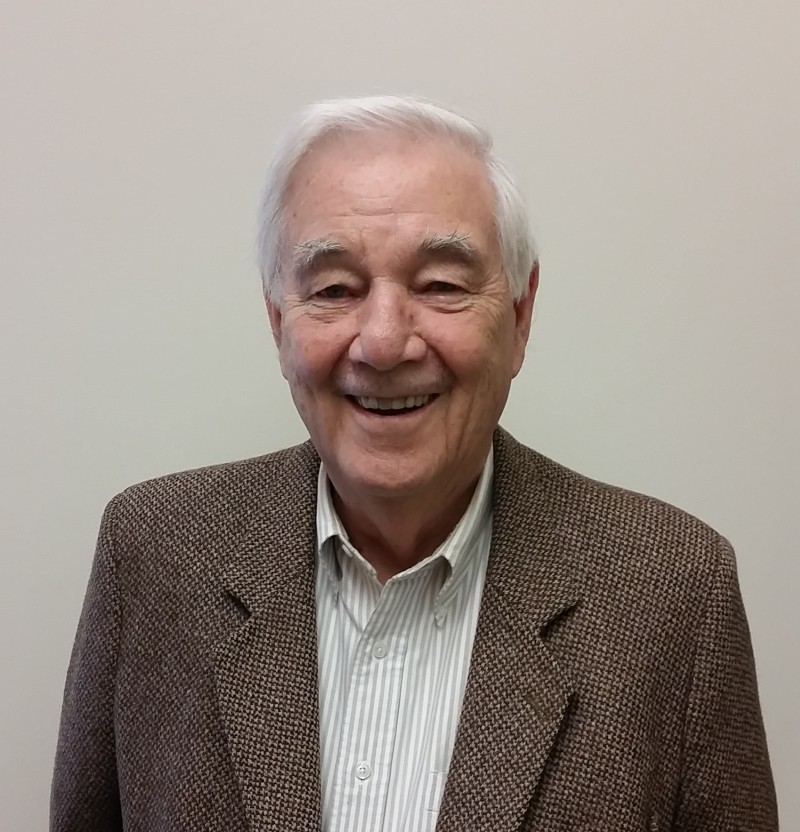Page 287 • (11,914 results in 0.071 seconds)
-
Provides a hands-on, minds-on course designed to help pre-service elementary teachers learn to teach math to students in grades K-8 in ways that are consistent with what is known about math education and physical, emotional, and cognitive development of children. The course will focus on facilitating student discourse to drive procedural fluency through conceptual understanding grounded in the components of effective teaching and learning as outlined by National Council of Teachers of Mathematics (NCTM
-

and conference papers. Dr. McNabb continues to tech and research. He is currently an elected commissioner for a water and wastewater district in Washington State. His books include: On policy and related management topics: Pathways to Global Water Sustainability Water Resource Management Oil and the Creation of Iraq: Policy Failures and the 1914-1918 War in Mesopotamia Vladimir Putin and the Revival of the Russian Empire Nation Building in the Baltic States (with Gundar J. King) Energy Policy in
-
About This GuideInformation literacy (IL) is often assumed to focus solely on research skills, but it comprises so much more than that. Information literacy involves examining the sociocultural production of information and knowledge, and encouraging students to approach all information production and consumption in a critical manner. This guide is designed to serve as an introduction to incorporating information literacy (IL) into your courses through small changes that can create meaningful
-
student was prompted to select an album in a genre she would not ordinarily enjoy (country, hip hop, punk, Swedish pop, etc.) and listen as an aesthetic cosmopolitan, with open minds and sympathetic ears attuned to what others might hear and appreciate there. The resulting papers expressed everything from amusement to exasperation to grudging respect for their respective objects, and some included very thoughtful reflections on cultural difference and taste. It is always difficult to gauge what
-
on a very regular basis. When I was asked to teach this class, I decided that I’d work with the students to create a real exhibit in the Scandinavian Cultural Center! Jen Jenkins, Chair of the Scandinavian Studies Program, approved a topic for the course that would also allow the course to fulfill a Scandinavian Studies elective credit. With the course taking place during the Spring, and with all the conversations around campus about social justice, I thought people might be interested to learn
-
are being offered in a given semester. Gender & Sexuality Electives (GSEL) ANTH 352 – Anthropology of Age ANTH 353 – Clothing and Material Culture ARTD 490 – Gender and Art BIOL 287/387/389 – when taught as “Biological Effects of Sex & Gender” COMA 303 – Communication and Gender ENGL 232 – Women Writers and the Body Politic ENGL 348 – when taught as “19 th Century American Women Writers” ENGL 360A – when taught as “The Queer Renaissance” ENGL 398A – when taught as “Medieval Bodies” FREN 306/406
-
Research at PLUResearch experience at PLU begins with participation in research studies as a requirement for successful completion of our introductory and social psychology courses. Further explanation of these requirements are outlined below. Our students regularly present their research at professional meetings, such as the Western Psychological Association and the Washington State Psychological Association. In addition, students are involved in faculty research projects in both the
-
Research at PLUResearch experience at PLU begins with participation in research studies as a requirement for successful completion of our introductory and social psychology courses. Further explanation of these requirements are outlined below. Our students regularly present their research at professional meetings, such as the Western Psychological Association and the Washington State Psychological Association. In addition, students are involved in faculty research projects in both the
-

-Pierce School District in a mentorship program that goes beyond a student’s academic needs. Instead, program organizers will focus on developing a connection between a PLU student and a student residing in the Parkland area, emphasizing positive relationships’ powerful and restorative nature. For PLU students, it will be an opportunity to understand the surrounding community, as many are not from the area. For Franklin-Pierce students, it will be an opportunity to see beyond their worldview and
-

their Ed.D in three years. Certified Superintendents can complete a doctoral degree in three years. The program will be offered in a blended, low-residency model with a focus on educational leadership in P-12 schools. Courses will be delivered online and meet on campus once a month on Fridays and Saturdays. Class schedule is tailored to the K-12 calendar. Areas of Specialization Students can apply to one of two options: Ed.D with Superintendent Certification - Candidates are eligible for the
Do you have any feedback for us? If so, feel free to use our Feedback Form.


